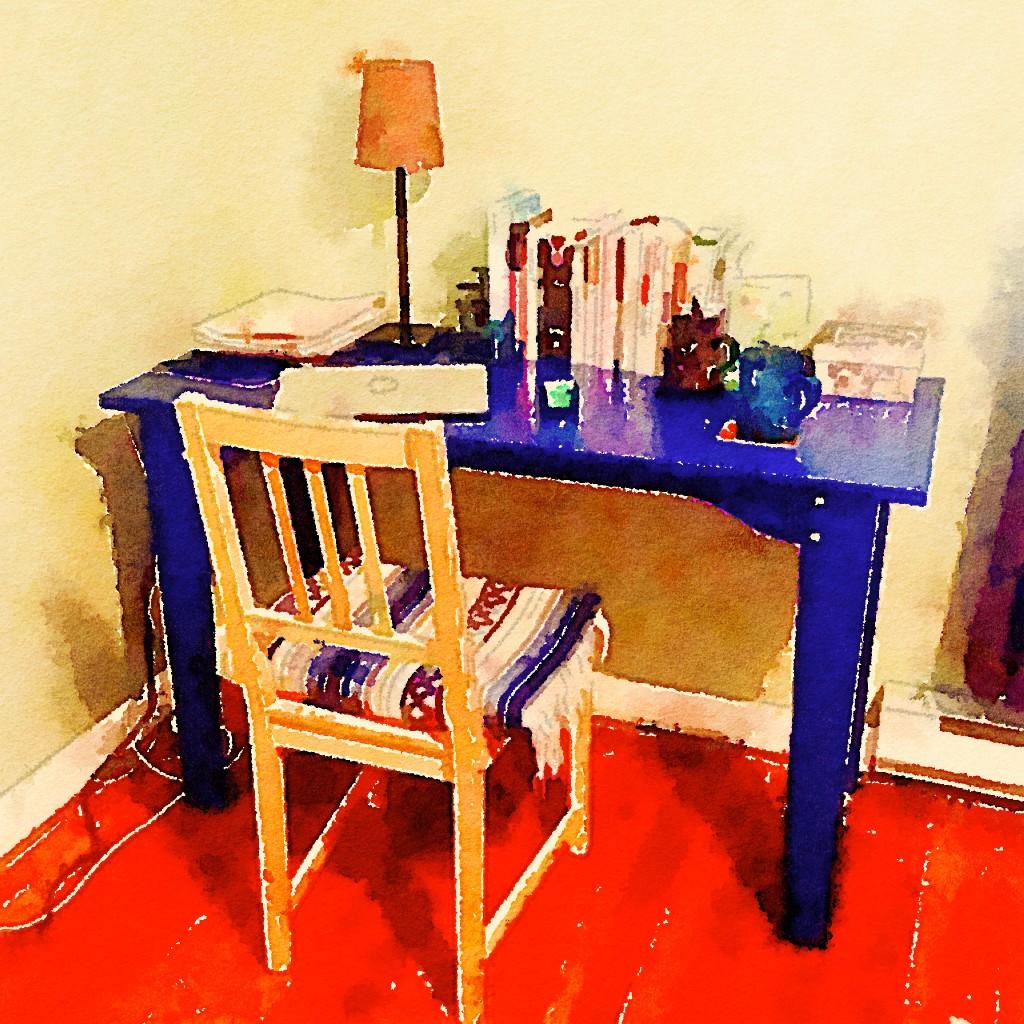This November I did NANOWRIMO—50,000 words in 30 days.
Friends have been trying to convince me to do it for years, but I balked at the idea. Writing 1667 words every day for 30 days sounded like hard work. I had other excuses too. I was always in the middle of another project and November is when I usually buy gifts to mail to my family who don’t live in Canada.
But I REALLY wanted to learn to write faster—and Nanowrimo seemed like the perfect mechanism for doing that. So I set aside my current middle grade writing project, delayed the gift buying (sorry family!), and dug out a book I bought with good intentions this time last year (Fast Fiction: A Guide to Outlining and Writing a First-Draft Novel in Thirty Days by Denise Jaden).
Then, on November 1, I sat my butt in the chair and opened a new Scrivener project. I decided not to worry about story structure, to just write a scene or part of a scene every day, in random order if need be. Get to know the characters, I told myself. Scary stuff! No outline, no plot, no conflict. Just a couple of characters and the idea that I would use alternating points of view.
Over the course of the month, I learned:
- It takes persistence—a goodly amount of it!
- I have to set strict rules for myself: no editing, minimal research, and most importantly, lock my inner critic in the garden shed.
- If I have a clear idea of where the scene is going, I can write quicker.
- Even though I’m an outliner, I can write by the seat of my pants if I’ve left myself no other option.
- First drafts don’t have to be good, they just have to be done.
- Making time to write means saying No to other things I want to do.
- I don’t enjoy writing words for the sake of meeting a word count goal. I prefer short time goals.
- No wine until the final 500 words of the day.
- Just write 100 words, and then another 100 words, and another. 100 words at a time adds up to 1667 or more.
- Some days are easier than others.
- It helps when dinner magically appears in front of you – thank you Patrick!
- Knowing friends are doing it too, and watching their daily word counts, is motivating – thanks Karen, Lisa, Annie, Pauline, and Aven for being there with me!
Did I make it to 50,000 in 30 days? YES! That makes me a Nanowrimo 2015 Winner!
Did I learn to write faster? YES!
Would I do Nanowrimo again? Maybe. If I had a solid outline.
Would I recommend it to others? Yes, but only if you have a clear idea of what you want to accomplish. It’s hard work (really!) so it helps if you have a goal that’s more specific than writing 50,000 words. What’s motivating you to do it? Knowing that will help you face the page every day.
Can you read my Nanowrimo story? NO! At least not until I’ve edited it and given it some structure and rounded out the characters and figured out what the central conflict is and learned some of the genre conventions and… yeah, it needs a lot of work. For now I’m putting it aside to finish my middle grade novel.
Have you ever participated in Nanowrimo? What did you learn?


